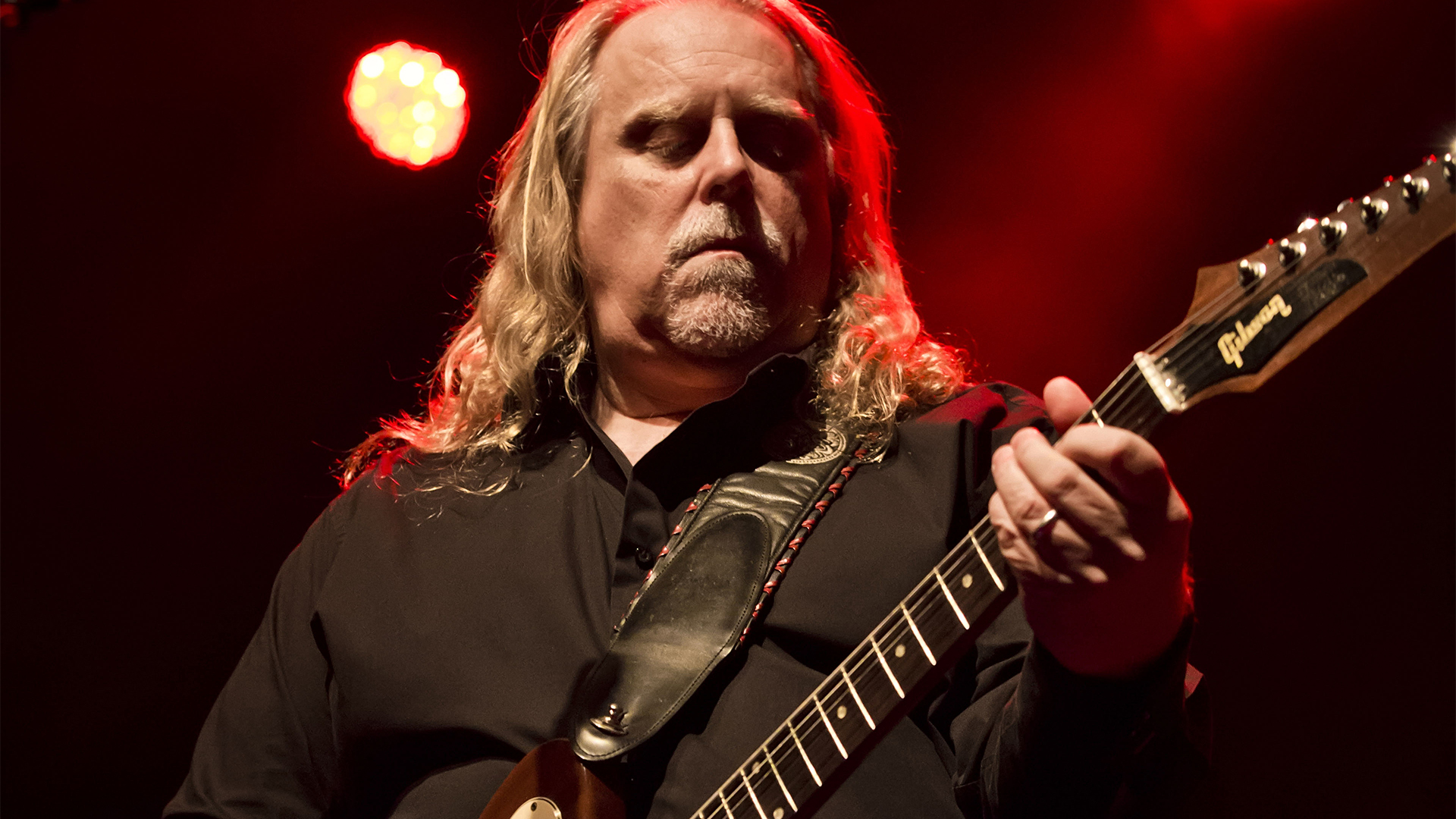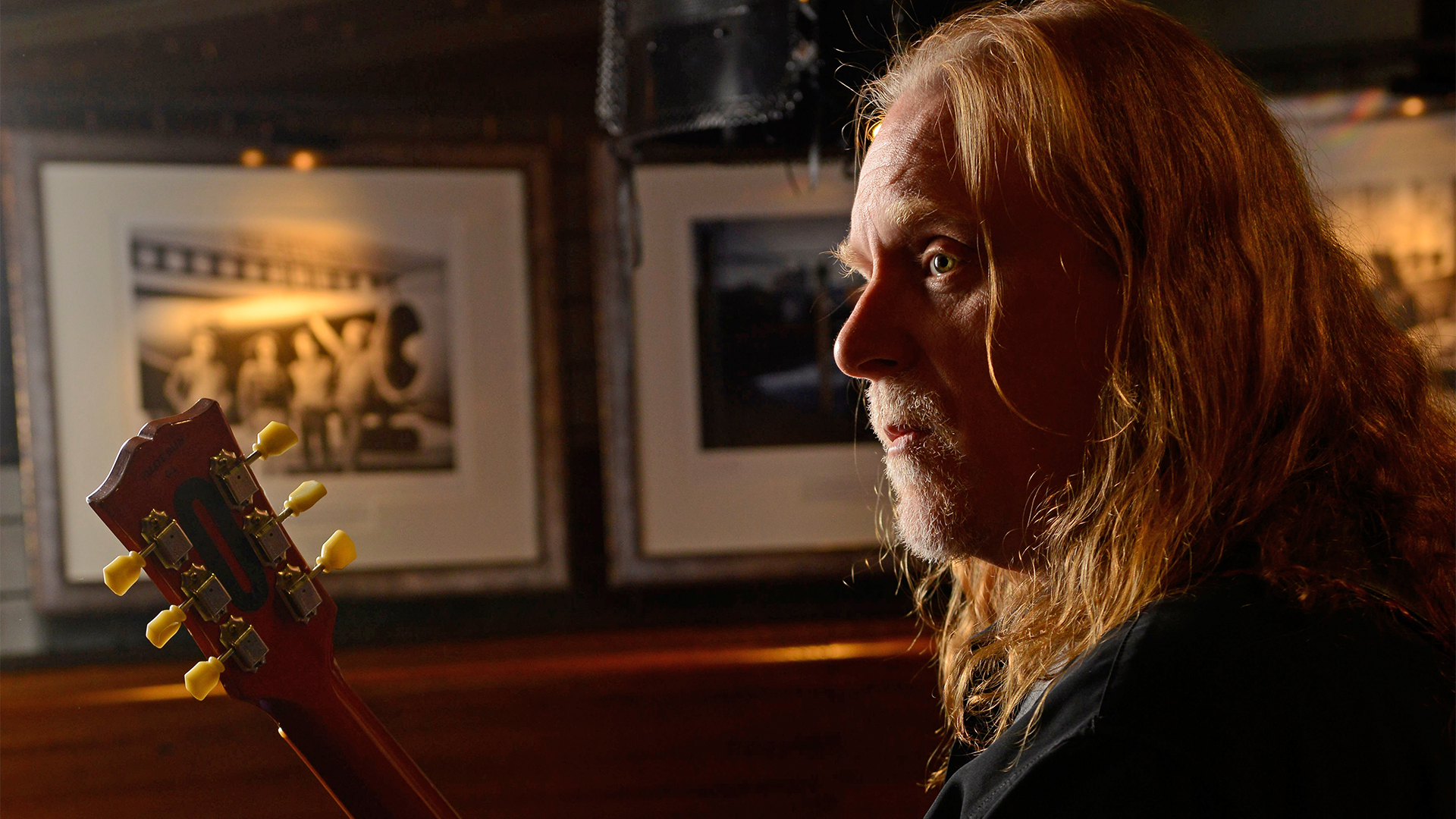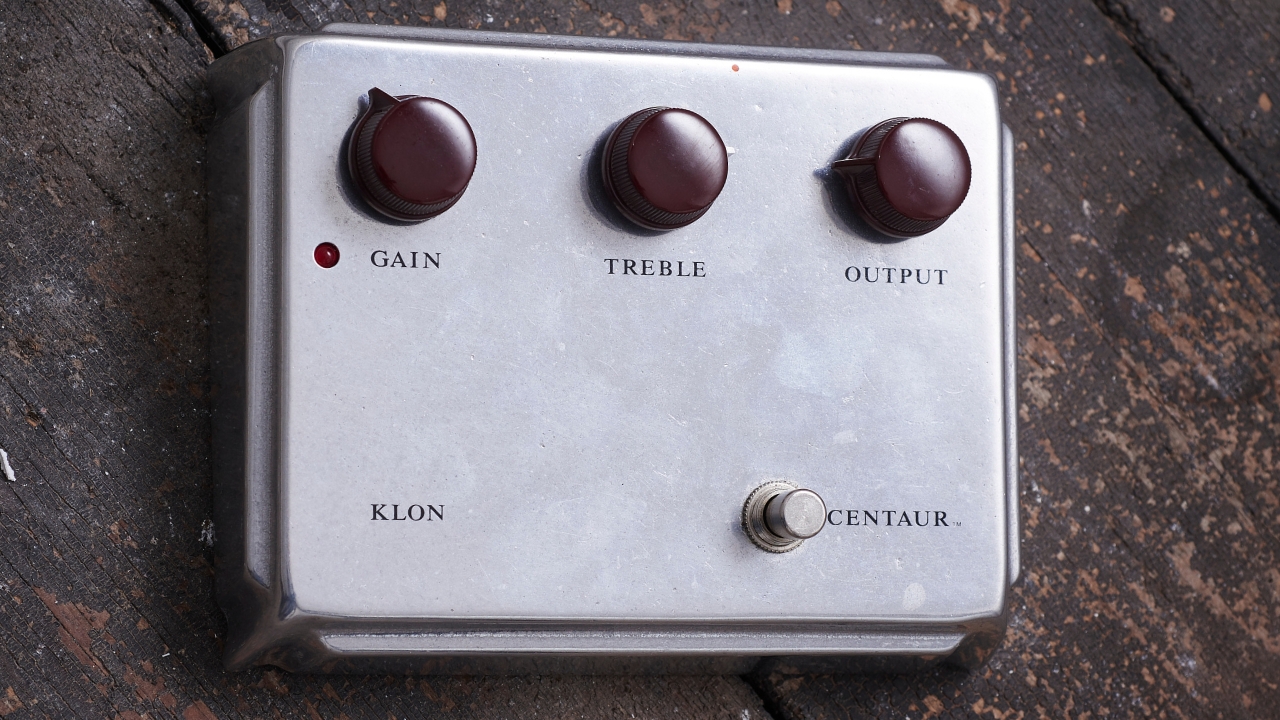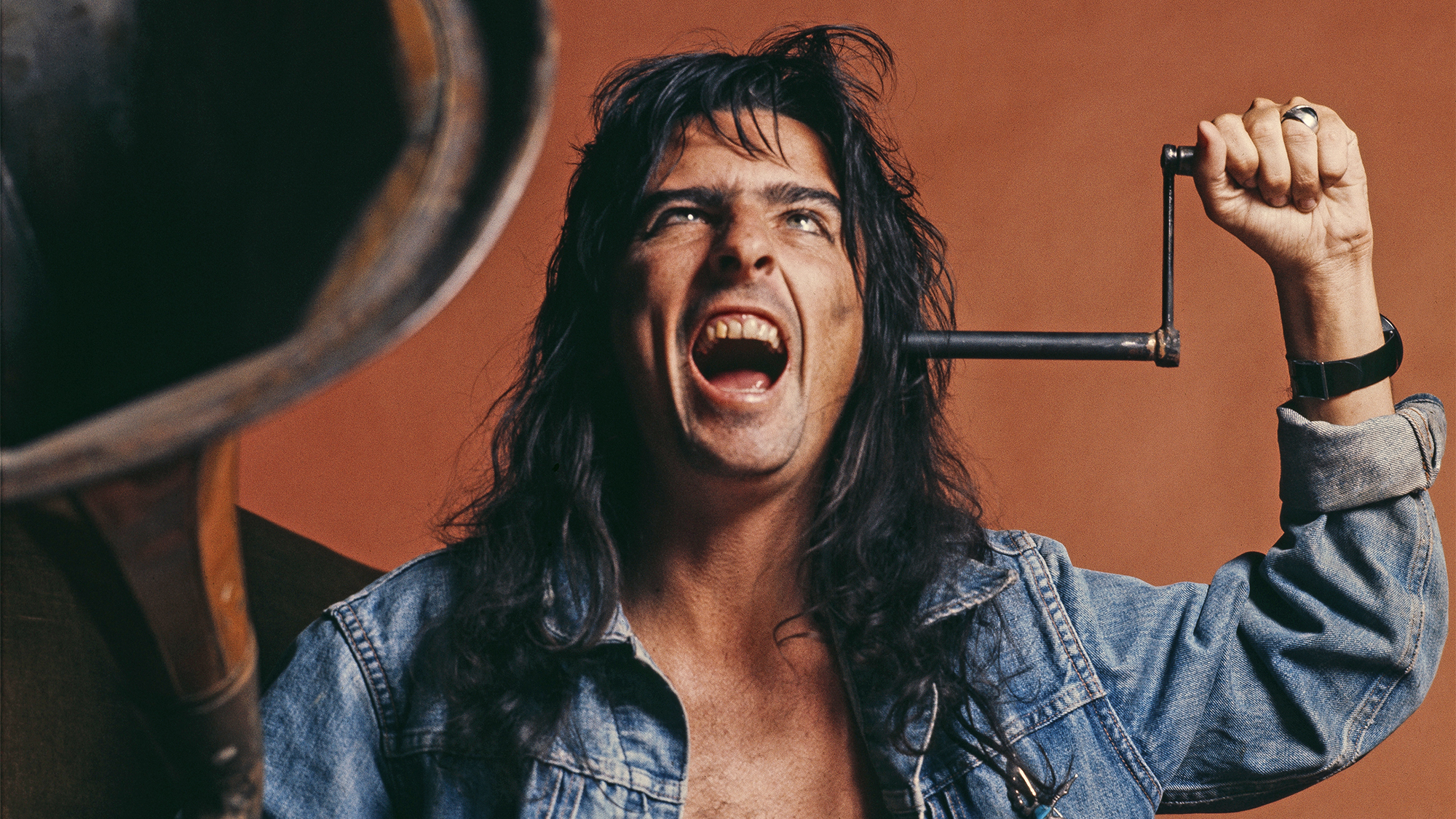"I was like, 'I'm wasting this pedal.' The way I've been setting it now is where it's a little warmer and a little gainy-er." Warren Haynes says it's the greatest overdrive pedal and tells why the Ibanez Tube Screamer can't beat it
The green screamer was a key part of Stevie Ray Vaughan’s tone, but Haynes explains why the Klon does the job far better

When Bill Finnegan stopped production of his famed Klon Centaur overdrive pedal in 2008, prices for the stompbox were driven to the stratosphere. New comments by Warren Haynes will only help keep them there, while frustrating everyone who is still lusting for an original Klon.
“Probably 80 percent of my sounds are just straight-in guitar and amp,” Haynes tells Ultimate Guitar while promoting his new solo album, Million Voices Whisper.
The remaining 20 percent of his tone, he says, comes from his pedalboard, upon which an original Centaur lies.
“I don't think anything's worth the price they put on it these days,” he admits, “but it's a great pedal. I've got a silver one and a gold one.”
“When Bill Finnegan first started building those, I remember I was playing with Gov't Mule at a club in Boston called Mama Kin's, which was Aerosmith's club.”
Fittingly, Aerosmith's Joe Perry once owned an ultra-rare early Klon, but it unintentionally ended up in Jeff Beck’s collection.

“Bill came by our sound check and gave me one. I liked it a lot,” Haynes says. “He had been working on it for, I think about a year and a half, on a way to get it to boost your sound without changing it, which is what Stevie Ray Vaughan used to use the [TS9] Tube Screamer for.
All the latest guitar news, interviews, lessons, reviews, deals and more, direct to your inbox!
"One of his Tube Screamers was just to get on top of the band but not have your tone change,” Haynes continues.
“The Klon did that even better to the extent that you couldn't detect any difference in the tone if you set it that way, where you weren't boosting the gain or the tone, the bass or treble. You were only boosting the level.
"I used it that way for a long time because I love being able to achieve that when the band gets louder and you just want your sound to be louder, but not different.”

"But then, at some point, I was like, 'I'm wasting this pedal. It's such a great pedal.' The way I've been setting it now is where it's a little warmer and a little gainy-er, and it's great.”
Haynes also revealed other pedals on his board, which include a Hughes & Kettner Rotosphere Leslie speaker simulator, a Boss octaver and an Emma DiscumBOBulator envelope filter among them.
“I also have what's called a Texas Ranger, which Caesar Diaz made years ago, and it was based on the top boost of an AC30. He put it into a pedal and built it in a way where you could choose high, mid, or low to boost,” he adds. “I find that when I boost the low, it kind of gives you that sound that Hendrix would use sometimes on a Strat.”
But he bookends his pedalboard dissecting by repeating the value he finds in getting great tone from an electric guitar and an amplifier alone.
“Everything else to me is like a variation, another voice. Pedals just become colors and effects for me.”
While on his Million Voices Whisper promo trail, Haynes stopped by YouTube favorite Rik Beato’s studio, where he spoke about the two things every guitarist should do to stop sounding like an amateur.
A freelance writer with a penchant for music that gets weird, Phil is a regular contributor to Prog, Guitar World, and Total Guitar magazines and is especially keen on shining a light on unknown artists. Outside of the journalism realm, you can find him writing angular riffs in progressive metal band, Prognosis, in which he slings an 8-string Strandberg Boden Original, churning that low string through a variety of tunings. He's also a published author and is currently penning his debut novel which chucks fantasy, mythology and humanity into a great big melting pot.


